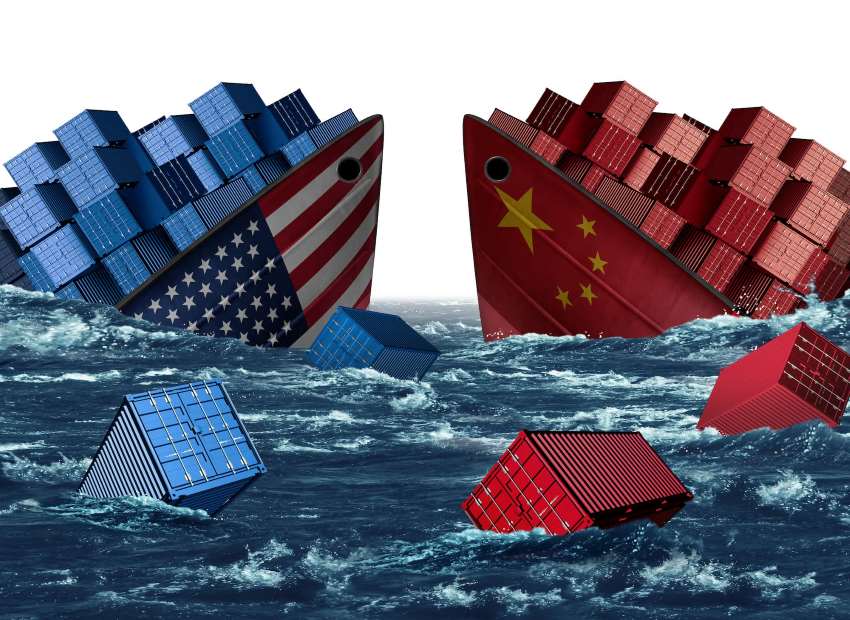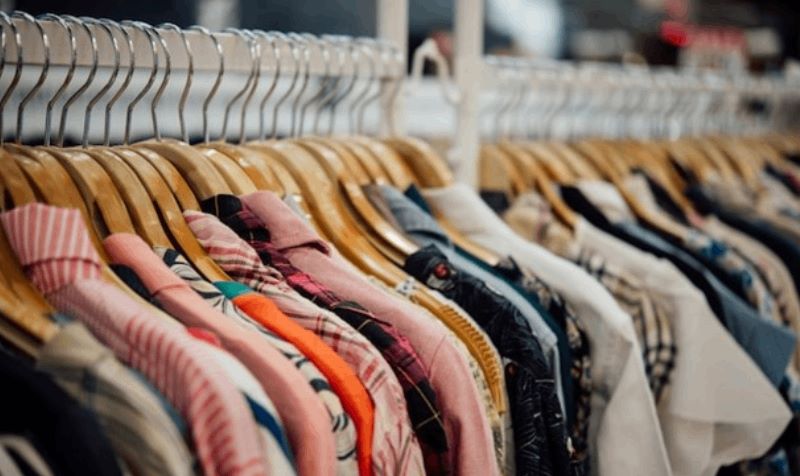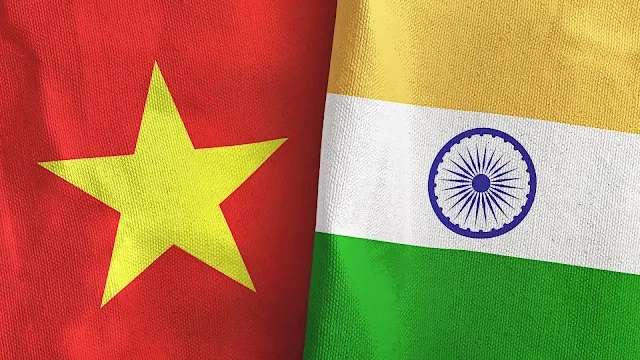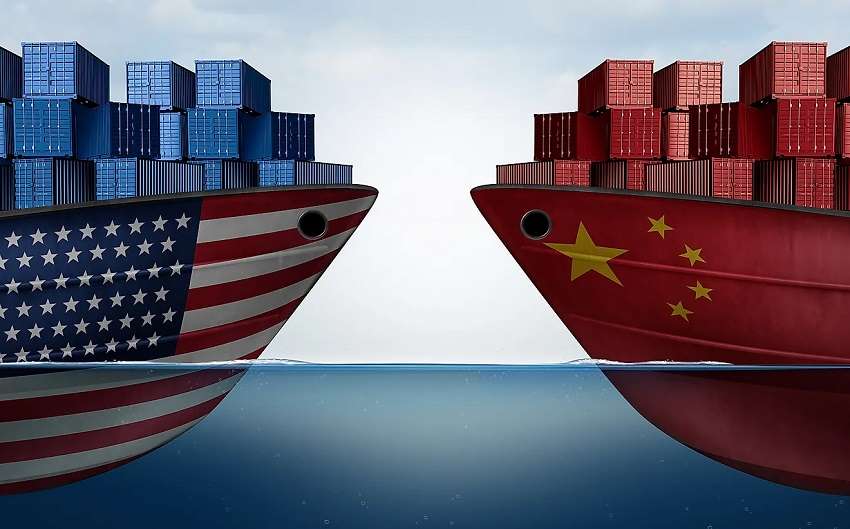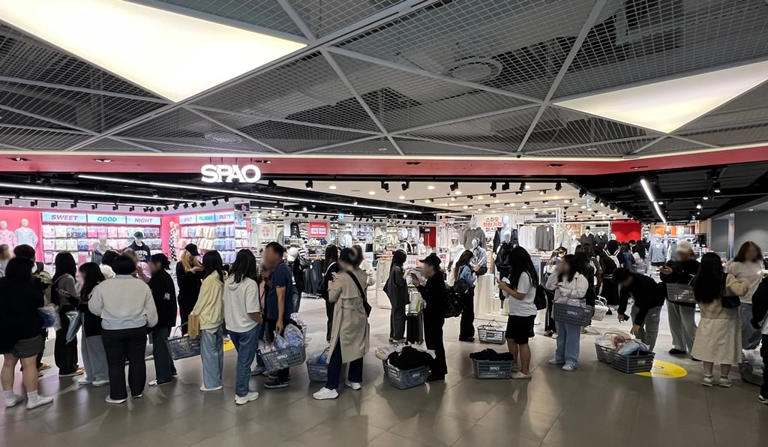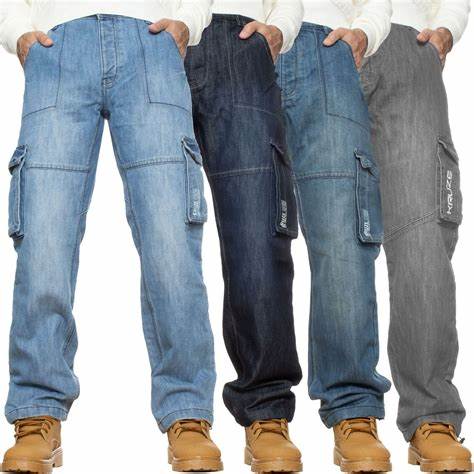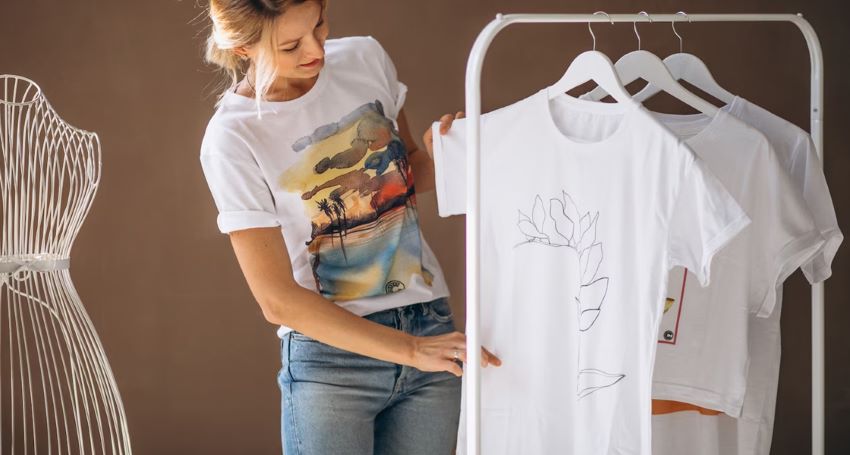FW
Kraig Biocraft Laboratories, a US-based leader in spider silk technology, has announced significant progress in its largest-ever production batch of recombinant spider silk. The company confirmed it has completed the first half of this milestone cycle, with the harvested spider silk cocoons now being prepped for reeling into finished silk. The second half of the production is expected to conclude within the next two weeks.
This production run marks a major step forward, as it is the first time Kraig Labs has run simultaneous batches of its BAM-1 hybrid silkworms in its newly expanded facilities. Early results have shown strong performance from the BAM-1 hybrids and demonstrated the efficiency and scalability of the upgraded infrastructure.
The company has also successfully completed the production of all BAM-1 hybrid eggs planned for release in the coming month. This ensures a continuous and high-quality supply of silkworms to support its future production goals for 2025.
Kim Thompson, Founder and CEO, highlighted the achievement as proof of Kraig Labs ability to shift from batch-based processing to a scalable, continuous flow model. This, he noted, positions the company to accelerate the commercialization of its eco-friendly, high-strength spider silk fibers.
Kraig Labs remains focused on expanding its production capabilities and bringing sustainable spider silk to the performance textiles market. Further updates on production and commercialization will follow as the company continues to scale.
Sales of Kering's flagship brand, Gucci declined by 25 per cent Y-o-Y during Q1, FY25 even as Kering’s sales declined by 14 per cent Y-o-Y adding to the growing concerns of another challenging year for the luxury sector. US President Donald Trump's recent tariff announcements have further fueled recession fears, dampening consumers' appetite for high-end fashion.
Cited by HSBC, a Visible Alpha consensus of analysts had predicted a 9.7 per cent decline in overall group sales and a 19 per cent decline for Gucci, which accounts for roughly half of Kering's total revenue and two-thirds of its profit.
The group is increasing its vigilance to navigate the macroeconomic headwinds faced by the industry, states Francois-Henri Pinault, Chairman and CEO.
Store traffic across the group, which also owns fashion houses Yves Saint Laurent, Bottega Veneta, and Balenciaga, remained weak in most regions, according to Armelle Poulou, Chief-Finance.
The group’s sales in Asia plummeted by 25 per cent Y-o-Y in Asia, while sales in Western Europe and North America contracted by 13 per cent. Kering has closed 25 stores so far this year. In February 2025, the company’s executives indicated their plans to close approximately 50 of their 1,800 stores, a third of which are outlet locations, to reduce costs.
Kering's sales report disappoints low expectations, notes Bernstein analysts, adding that the much-anticipated rebound at Gucci is ‘yet to appear.’ Kering recently appointed in-house talent Demna as Gucci's new design chief, triggering another stock selloff from investors who had hoped for a prominent external hire.
Demna has already begun working with Gucci teams, Poulou stated, while declining to specify when the designer's first collection will be showcased on the runway.
The change in designer, officially taking effect in July, is likely to further delay the label's long-awaited recovery, analysts cautioned. Predecessor Sabato De Sarno, who was dismissed after less than two years in the role, had been recruited in 2023 to reset Gucci, including streamlining sales channels and targeting wealthier clients.
Jonathan Anderson, who recently exited as the designer at Loewe, has been mandated with the designing of the June collection for Dior Men’s Fashion, says Bernad Arnault, CEO, LVMH.
One amongst the new generation of high-profile designers, Anderson is taking the reins at some of the world’s biggest fashion labels amidst a significant industry shift. He is credited with elevating Loewe’s profile during his time at the Spanish label, where he gained favor with fashion critics through his original and unconventional designs.
Popular items from Mr. Anderson include $860 barrel-legged jeans and the small, over-the-shoulder Puzzle bag, which retails for around $3,200.
The Irish designer has received numerous accolades, including ‘British Designer of the Year’ in 2023 and 2024 for his work at Loewe, as well as for his own brand, JW Anderson.
He has cultivated a dedicated following, attracting a diverse group of international artists to the annual Loewe craft prize competition, and famously restyled James Bond actor Daniel Craig in comfortable sweaters and loose-fitting pants for a widely discussed Loewe campaign.
On March 24, LVMH appointed Proenza Schouler designers Jack McCollough and Lazaro Hernandez to succeed Anderson at Loewe.
Welcoming the current pause in the implementation of a significant portion of import tariffs by the United States on the clothing sector, the International Apparel Federation (IAF) asserted, these import tariffs not only present a direct threat to the clothing industry but also risk destabilizing economies and jeopardizing the livelihoods of numerous employees and business owners in the sector.
However, the uncertainty created by these policies remains as global supply chains continue to recover from the pandemic, the crisis in the Red Sea, and decreasing consumer confidence, IAF cautioned. The unpredictable nature of trade policy discourages investment and makes the market more unstable, hindering the recovery of confidence. Consequently, the IAF urged for an establishment of a stable and predictable trade environment.
The federation further pointed out, import tariffs imposed by the United States on China could trigger escalations with other countries. Many clothing-exporting nations lack the domestic purchasing power to substantially increase imports from the US. Therefore, demanding steep corrections to the trade balance is unrealistic and unreasonable. According to the IAF, the high tariffs sought by Trump to balance the trade relationship between the US and many other countries are unlikely to result in a large-scale return of clothing production to the US.
Garment manufacturers in Indore have urged the State Government to develop a convention hall for their RMG units to help them promote their goods, and also organize exhibitions. The city houses over 1,500 small-scale RMG producers of ready-made garments.
Indore is home to many RMG manufacturers focusing on children’s clothing, says Ashish Nigam, President, Readymade Textile Dealers Association. However, the city lacks a convention centre where these RMG units can showcase their products despite thousands of MSME units operating in it, emphasizes Nigam. A convention facility would offer these domestic RMG units a local centre to showcase their work and build their enterprises.
The association also urges the State Government to develop a cluster for these RMG units in the area. This will help boost the industry’s output and help it add more value to products, it adds.
In a major boost to India’s textile industry, the Central Government has approved a Rs 2,100‑crore investment to establish the country’s first PM MITRA (Mega Integrated Textile Region and Apparel) Park in Madhya Pradesh.
To be developed under the leadership of the Ministry of Textiles, the park will span 2,100 acre in the Dhar District. Designed to set a new standard for integrated textile infrastructure,the park will boast of a 20‑MLD zero‑liquid‑discharge system, a solar power plant, plug‑and‑play (build‑to‑suit) units, and on‑site housing for workers. It is slated for completion within 14 months.
The government has already received expressions of interest totaling Rs 10,000 crore from potential investors for the project. Dr Mohan Yadav, Chief Minister, Madhya Pradesh, calls the park a ‘visionary initiative’ that will transform the state’s textile landscape and generate significant employment. The state aims to create 25,000 jobs through 21 dedicated units within the PM MITRA Park.
The initiative aligns with Prime Minister Modi’s ‘5F Vision’—Farm to Fiber to Factory to Fashion to Foreign—which seeks to streamline the entire textile value chain and bolster India’s export potential.
Developed under a special‑purpose vehicle (SPV) model, the Central Government will hold 49 per cent equity while the state government holds 51 per centin the project. Around 1,563 acre of the project will be developed by the Madhya Pradesh Industrial Development Corporation (MPIDC)..
The park is expected to spur growth in weaving, knitting, and textile machinery manufacturing across key regions such as Bhopal, Chhindwara, the Nimar Belt, Burhanpur, and Jabalpur. Over the past two decades, Madhya Pradesh’s garment‑manufacturing units have grown from 11 in 2003 to 60 today, cementing its status as a textile investment hotspot.
With a total government commitment of Rs 4,445 crore for PM MITRA Parks nationwide through 2027–28, this project marks a landmark step toward positioning India as a global textile powerhouse.
In celebration of Earth Day, Global Fashion Agenda (GFA) has announced a new season of its acclaimed film series Fashion Redressed, produced in collaboration with BBC StoryWorks, the award-winning commercial content arm of BBC Studios.
Originally launched in 2023, Fashion Redressed captured the attention of global audiences, spotlighting inspiring changemakers and innovative solutions shaping a sustainable future for fashion. From pioneering silk researchers in Helsinki to Indigenous designers in Arizona, the first season garnered over five million views and record-breaking social media engagement. It was also featured at the Global Fashion Summits in Copenhagen and Boston, sparking industry-wide dialogue.
As the Global Fashion Summit 2025 nears, the upcoming season will spotlight the fashion industry’s shift from pledges to practical implementation. The new episodes will focus on the urgent need to address systemic barriers, promote social equity, and advance circularity through technology, innovation, and courageous leadership.
“At a time when the industry must turn barriers into bridges, we’re proud to continue telling stories that educate, inspire, and accelerate sustainable progress,” said Federica Marchionni, CEO of GFA.
BBC StoryWorks will collaborate with selected partners to create immersive, human-centered branded content. These narratives will explore how organisations and innovators are actively shaping a regenerative, inclusive fashion ecosystem.
The new series is set to premiere on a dedicated branded microsite on BBC.com in early 2026. With the platform’s reach of 175 million monthly browsers, and additional amplification through GFA’s channels, the campaign aims to drive global awareness and action around sustainable fashion transformation.
Bangladesh's clothing exports to the United States increased by 17.23 per cent during the 9MFY25 period spanning July’24-March’25, according to the latest data released by the Export Promotion Bureau (EPB).
This increase comes even with concerns about potential reciprocal tariffs that the Trump administration imposed in early April, as the US is Bangladesh's largest single-country destination for ready-made garments.
During these nine months, the US accounted for 18.97 per cent of Bangladesh's total garment exports, with shipments valued at $5.74 billion, as per the EPB data
Overall, Bangladesh's RMG) exports increased by 10.84 per cent to $30.25 billion during the first three quarters of FY25 compared to the same period the previous year.
The European Union remained the top regional destination, absorbing 49.82 per cent of total RMG exports, worth $15.07 billion. This represents a Y-o-Y increase of 11.31 per cent. Germany was the leading market within the EU, with imports valued at $3.80 billion, followed by Spain, France, the Netherlands, Italy, and Poland.
The Netherlands recorded a significant 23.15 percent rise in imports, while France, Sweden, and Denmark also showed strong growth.
The United Kingdom imported $3.36 billion worth of products—11.10 per cent of total exports. However, growth in the UK market was more modest at 4.14 per cent.
Exports to non-traditional markets grew by 6.66 per cent, reaching $5.12 billion and making up 16.93 per cent of total RMG shipments. Japan was the leader in this category with imports valued at $960.45 million, followed by Australia and India.
Among other notable destinations, Turkey imported $357.22 million worth of garments, while exports to Mexico stood at $251.22 million.
Despite encouraging performance in several emerging markets, exports to Russia, South Korea, the UAE, and Malaysia declined. The decline in exports to Russia is largely attributed to geopolitical tensions, while weaker performance in the UAE, Malaysia, and Korea suggests a need for renewed commercial efforts.
Looking at product types, knitwear exports increased by 11.22 per cent, although shipments to non-traditional markets slowed. Woven garments exports increased by 10.40 per cent, supported by rising demand in less conventional markets even as growth in the UK remained subdued.
To help accelerate the trade show’s growth and international presence, the 64th edition of Filo will now be held on September 23-24, 2025 in the Pavilion 14 of Fiera Milano Rho in Italy.
This move aligns with trade show’s recent membership in the IT EX Association, which unites the most significant Italian international trade shows. The larger and more efficient spaces of Fiera Milano Rho are better suited to accommodate these evolving needs.
The chosen dates and new location of Filo underscore the exhibition’s broader growth strategy to better meet the expectations and demands of both exhibitors and visitors. This proves particularly relevant as the Milan-Cortina Winter Olympics in 2026 is expected to attract global attention.
Paolo Monfermoso, Manager, Filo, avers, the new dates of the exhibition allow Filo to fit into the international trade show calendar in the most advantageous way for companies, respecting the timelines of an upstream sector in the supply chain. Shifting the show to Fiera Milano Rho also allows organizers to better address the needs of exhibitors and visitors, integrating seamlessly into a week that features exhibitions connected to various stages of the textile supply chain in Milan, attracting numerous buyers from around the world.
Laying the foundation for extensive sustainability regulations across the apparel sector in the EU, the European Commission has approved a work plan spanning 2025-2030 under the Energy Labeling Regulation and the Ecodesign for Sustainable Products Regulation (ESPR).
Empowered by resources like the Digital Product Passport to enhance consumer transparency, this regulation grants the Commission the authority to enforce standards related to product durability, reusability, repairability, recycled content, and environmental impact in the sector.
Given their potential to boost the circular economy and climate objectives, apparel textiles are among the initial products slated for regulatory focus. It's anticipated that harmonized EU-wide standards will benefit these industries by cutting down on administrative expenses, preventing trade barriers, and boosting their competitive edge.
Jessika Roswall, Commissioner for Environment, Water Resilience, and a Competitive Circular Economy, states, this initiative signifies a significant step toward making the circular economy a tangible reality and establishing sustainable products as the norm throughout the EU.

